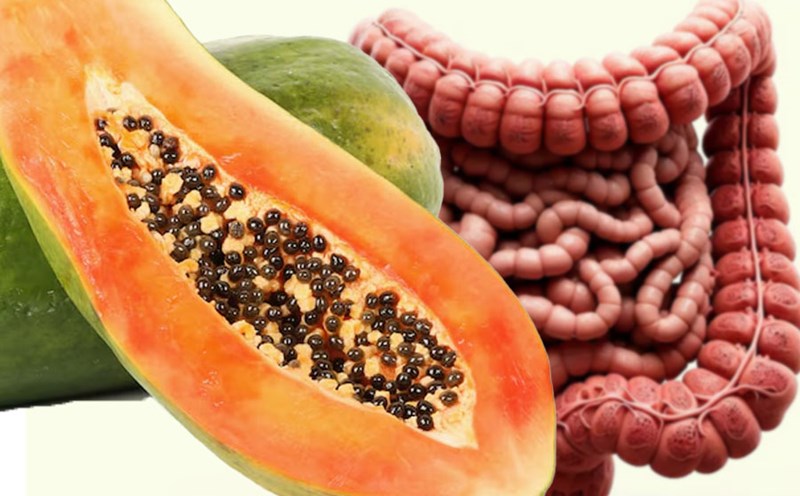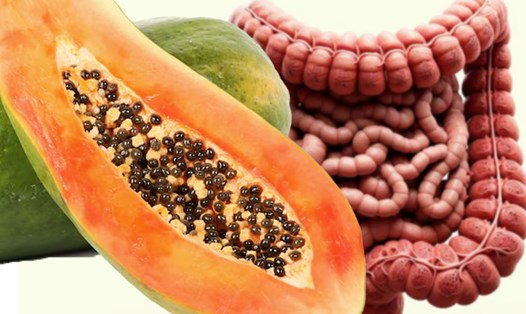Turmeric
The main active compound in turmeric is curcumin, which is known for its powerful anti-inflammatory and antioxidant properties. Turmeric can reduce inflammation in many different parts of the body, including the gut.
Curcumin plays an important role in reducing intestinal inflammation by modulating inflammatory pathways in the digestive tract. In addition, curcumin can inhibit the activation of inflammatory cells and promote healing of the intestinal mucosa. This helps reduce the condition of ulcerative colitis and irritable bowel syndrome (IBS).
Ginger
Ginger can significantly reduce inflammation in the gut by inhibiting inflammatory cytokines and oxidative stress. Ginger’s anti-inflammatory properties may be beneficial in managing conditions such as gastritis and inflammatory bowel disease (IBD). Additionally, ginger is known to stimulate digestive enzymes, which can improve digestion and reduce bloating.
Ginger can be used in many different forms, such as fresh, dried, or as a tea.
Fennel seeds
Fennel seeds, often used as a digestive aid after meals, are highly effective in reducing intestinal inflammation. They contain a compound called anethole, which has anti-inflammatory and antispasmodic properties. Fennel seeds not only help soothe the digestive system but also reduce symptoms such as bloating, cramps, and flatulence.
Fennel seeds can help relieve IBS and acid reflux conditions because they help relax the smooth muscles of the digestive tract, reducing discomfort and promoting better digestion.










